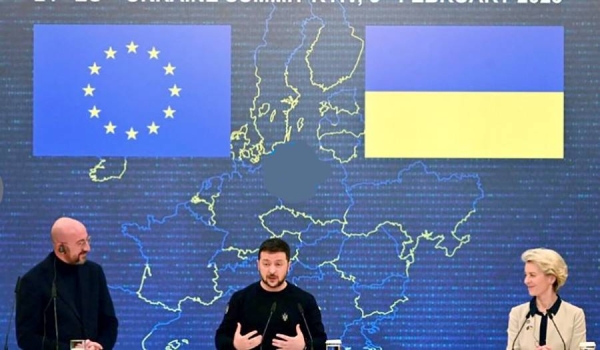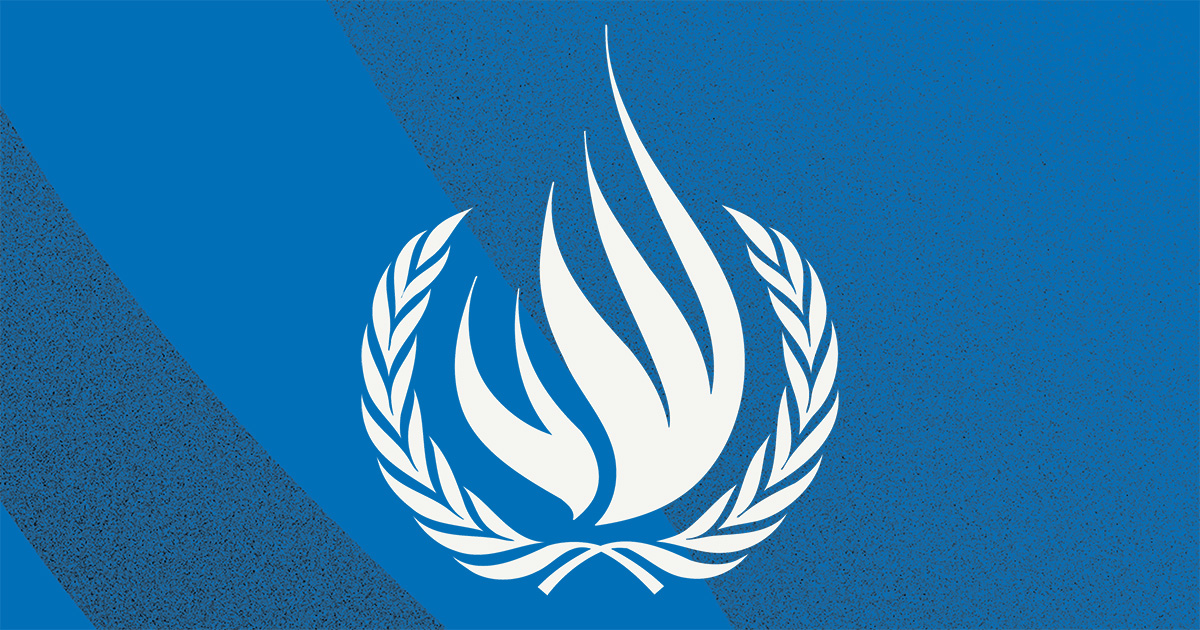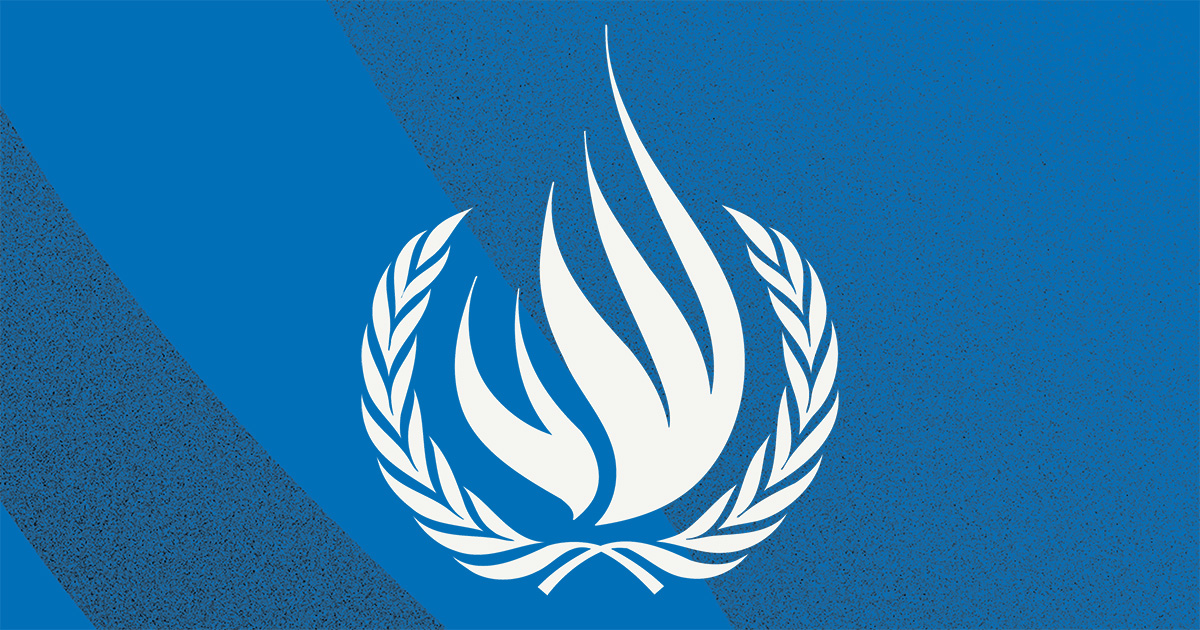
2018
SYED SALAHUDDIN
June 28, 2018
18:07
411
Avtar Singh Khalsa tried to fill up the only slot for a non-Muslim minority in the last round of parliamentary elections
Seat was abolished by a majority vote of the lawmakers until the current government, in a decree, ordered its return for the shrinking Hindu and Sikh community who lived in Afghanistan long before the arrival of Islam
KABUL: When Avtar Singh Khalsa tried to fill up the only slot for a non-Muslim minority in the last round of parliamentary elections in Afghanistan years back there was an outcry from many Muslim candidates.
The seat was abolished by a majority vote of the lawmakers until the current government, in a decree, ordered its return for the shrinking Hindu and Sikh community who lived in Afghanistan long before the arrival of Islam, and dominated the country’s economy and trade.
With a large number of incumbent MPs under fire for enriching themselves rather than addressing the needs and grievances of supporters, this time Khalsa has not only received the backing of Hindu and Sikh minority, but also the support of Muslims he does not know.
“If I succeed, my first job will be to try to help the widows and the impoverished people from any part of the country. I will try to work for the unity of all Afghans who live under the flag of Islam here,” Khalsa told Arab News in an interview in his office in Kabul’s main joint temple.
“God has created us all. We are like a garden: there are pomegranate trees, apricot, peach…trees, God has created us like these trees, He could have created us all Muslims, Hindus,” he said speaking of religion and tribes as more of an identity than a societal status.
The country is like a mother and a mother wants her elder child to be the servant of all of her children, he added. “I will serve all, my focus will not be the Sikhs and Hindus (alone),” he said.
The 53-year-old has been the chief custodian of Hindu and Sikh temples, as well as their leader for years.
His second priority will be to get the government to allocate plots for Hindus and Sikhs to build clinics, hospitals and small businesses to create jobs.
The projects will be funded by rich Afghan Hindus and Sikhs who — like millions of other Afghans — have been living overseas as refugees for decades, he said.
“They are fed up living abroad and are proud to be called Afghans. Even in India (the birthplace of Hindusism) they are called Afghans. They desperately want to come, but need assurances and means to invest and work,” he said.
Wearing a dark blue turban and with the long beard characteristic of many Sikhs, Khalsa said that after more than four decades of war and foreign interventions, Afghans need unity more than anything else.
He proudly recalled serving as an officer in the Soviet-backed communist government of Afghanistan and how his Muslim neighbors took care of his family members who were wounded and killed in a rocket attack on a fateful day in southeastern Paktia province.
“I lost eight family members of mine that day while some were wounded. But the help and care I got from my neighbors then was unique and even my fellow Sikhs would not have been more helpful than my Muslim neighbors,” he said.
For Khalsa, as for many Sikhs and Hindus, the Moscow-backed government led by the late president Mohammad Najibullah, was a champion of their rights and freedom.
They started to flee Afghanistan during the civil war that erupted in the 1990s, when there were around 200,000 Hindus and Sikhs in Afghanistan compared to around just a few thousand in recent years.
When warring factions fought over Kabul, razing neighborhoods in deadly rocket barrages, the two communities became targets, partly because of their religion, but also because they did not have a militia of their own for protection.
Many escaped when armed men stormed their temples in various parts of the country, and tore their religious book to avenge the destruction of a mosque by Hindu fanatics in India.
After complaining of extortion, intimidation, kidnappings, theft and even rape, those with the means, fled to India where they live as aliens requiring visas, like other foreigners.
Khalsa has deep nostalgia for the Taliban government who, like rest of his fellow community men, view the Islamists as helping their communities to regain their usurped properties, enforce rule of law and security.
“For days and nights, we were not locking our house doors, no one dared to enter or steal our house. The Taliban did not harass or suppress us,” he said.
He complained that corruption and injustice have been on the rise both in the current government and the administration that took over when the US ousted the Taliban in 2001.
He laments how billions of dollars in foreign aid since the fall of the Taliban was wasted and squandered both by donors and the powerful Afghans.
Like many of his countrymen, he believes that the US is protecting its vested interests in Afghanistan, so wants to manage a controlled chaos in the country.
“If America wants and shows sympathy, it can bring peace here. Afghanistan has been turned into a battleground between rival countries and a testing laboratory for their weapons. Our mines are looted and people are killed every day,” said Khalsa.












